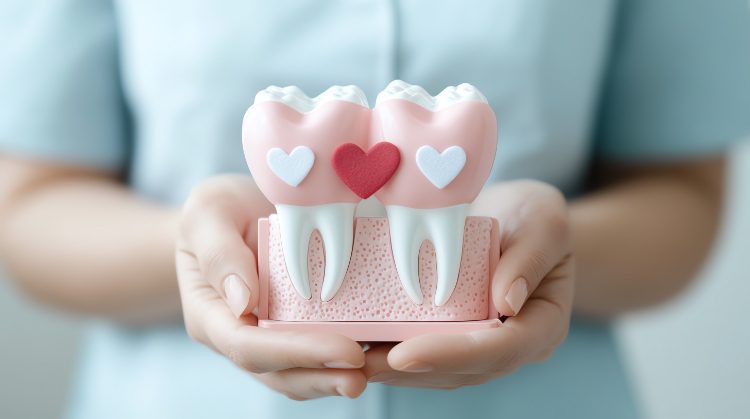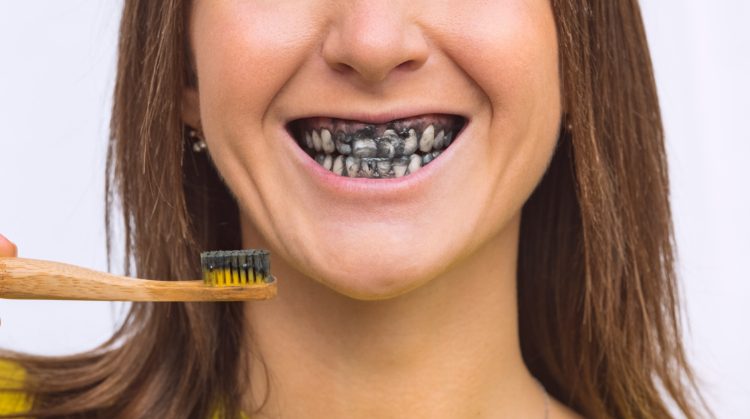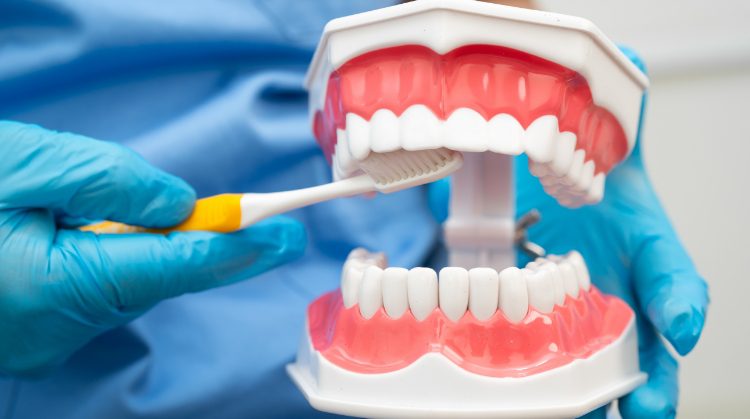
Advances in dental and medical technology occur every day, sometimes unbeknownst to the general population. However, a newly published study shows that an Alzheimer’s medication, Tideglusib, that is already developed and successful in clinical trials could actually help promote the biological mechanism for natural tooth regrowth. Could this be the end of dental fillings as we know them?
Tooth Decay In the Enamel and Dentin
The outer layer of a tooth is called the enamel, and the inner layer is called dentin, both of which can be affected by tooth decay. The first sign of tooth decay is often white spots that show the demineralization of the tooth beginning to occur. Next, the enamel begins to deteriorate, but this often goes unnoticed as it happens from the underside and pain is not always present.
When the decay reaches the dentin, the tooth can begin to get painful. The dentin protects the life of the tooth, the pulp. Once decay begins to infect the pulp, it can be extremely painful and can result in a root canal or even tooth extraction.
Typically, once decay occurs past the enamel there’s no way to restore the tooth without an artificial dental intervention such as a filling, said Dr. Amy Norman, DDS, a leading dentist in Everett, Washington.
“The enamel can repair itself to a certain degree using saliva to remineralize itself and fluoride from drinking water, toothpaste or rinses,” Norman said. “But when the enamel is destroyed and a cavity forms, that damage affects the dentin, too, and is permanent.”
According to the National Center for Health Statistics, part of the Centers for Disease Control and Prevention, nine out of 10 Americans of working age currently have or have had cavities in their permanent teeth.
“Today some dentists still practice the drill-and-fill method that dental schools have been teaching for decades, while others try to take a more conservative approach to saving as much of the natural tooth as possible,” Norman said.
Alzheimer’s Drug Aids In Cavity Repair
Researchers behind the new study explained that our bodies can naturally regenerate a very small layer of dentin when prompted by infection or trauma, but that this small amount is not enough to actually aid in cavity repair.
To test their findings, the research team from King’s College London placed biodegradable collagen sponges directly into the cavities of mice after soaking them in Tideglusib. When placed directly in the source of the decay, the drug is able to stimulate stem cells in the tooth’s pulp, which then go to work repairing and regenerating. As the biodegradable sponges deteriorated, dentin began to regrow, and after six weeks the damage was restored.
The researchers believe they have a head start in further developing this concept into reality because the Alzheimer’s medication has already completed clinical trials and the biodegradable collagen sponges are already on the market and readily available.



